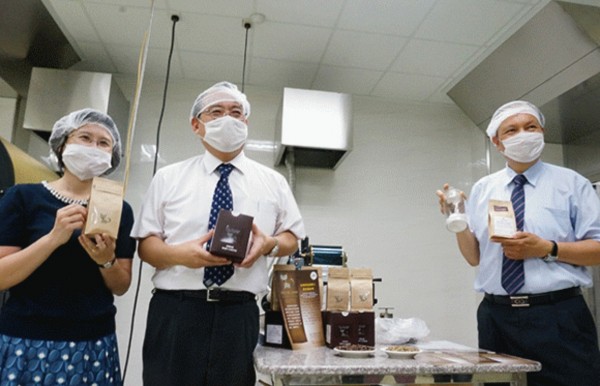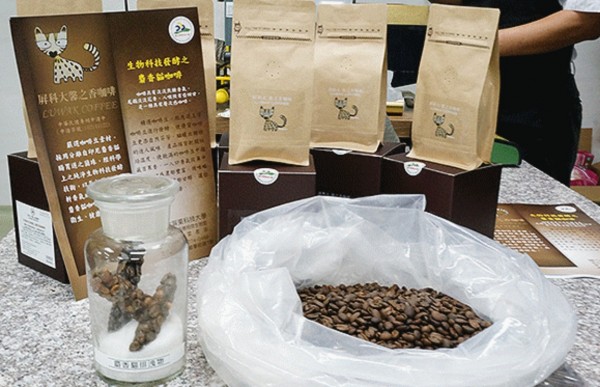After six years of development, researchers in Taiwan have created a laboratory version of kopi luwak coffee.
A team inside the National Pingtung University of Technology and Science department of food science created the laboratory kopi luwak using 16 of the 136 strains of bacteria typically found in the feces of palm civets. Kopi Luwak coffee is typically gathered from the feces of civets — either wild in their native Indonesia or caged — where fermentation occurs inside their digestive tracts. For this project, the bacteria were gathered directly from the gastrointestinal tracts of healthy civets.
The researchers, led by professor Xie Baoquan, are pitching the biochemically produced kopi luwak as a cheaper alternative, saying it was designed to meet increased demand for wild-processed kopi luwak in Asia. They also say a lab-processed kopi luwak eliminates doubt about the veracity of wild-luwak claims from producers who may be instead caging the animals.
In a translated announcement put forth by the university this week, the research team said, “For most people the quality of health of the ‘wild’ civet coffee is still in some doubt.”
The university is roasting and branding the coffee, which is selling for approximately $285.60 USD ($8,888 New Taiwan Dollars) per kilogram.
Nick Brown
Nick Brown is the editor of Daily Coffee News by Roast Magazine.
Comment
3 Comments
Comments are closed.








Great. Now we have robot poop to go with cat poop. Honestly, where will it all…end?
That’s a lot of money and effort to try to scientifically reverse engineer substandard coffee.
I just hope that this Kopi Luwak made inside the National Pingtung University of Technology and Science tastes the same as that of Kopi Luwak from Luwak, especially it’s way cheaper.